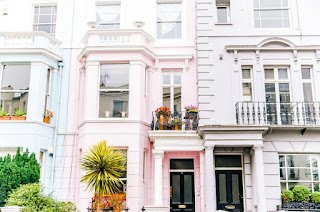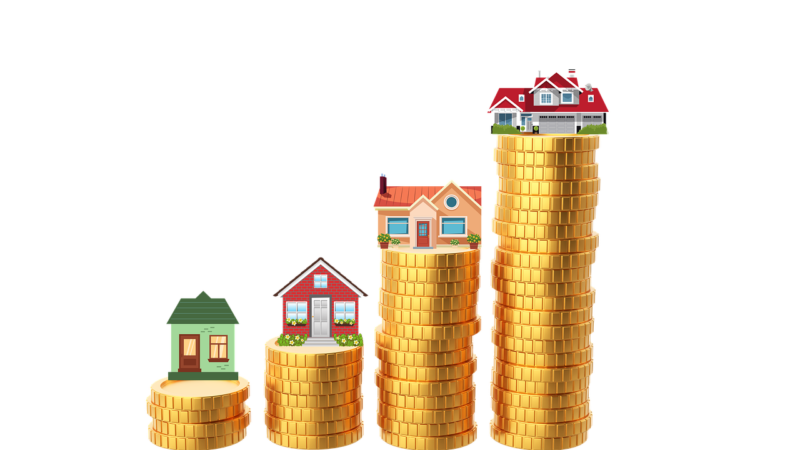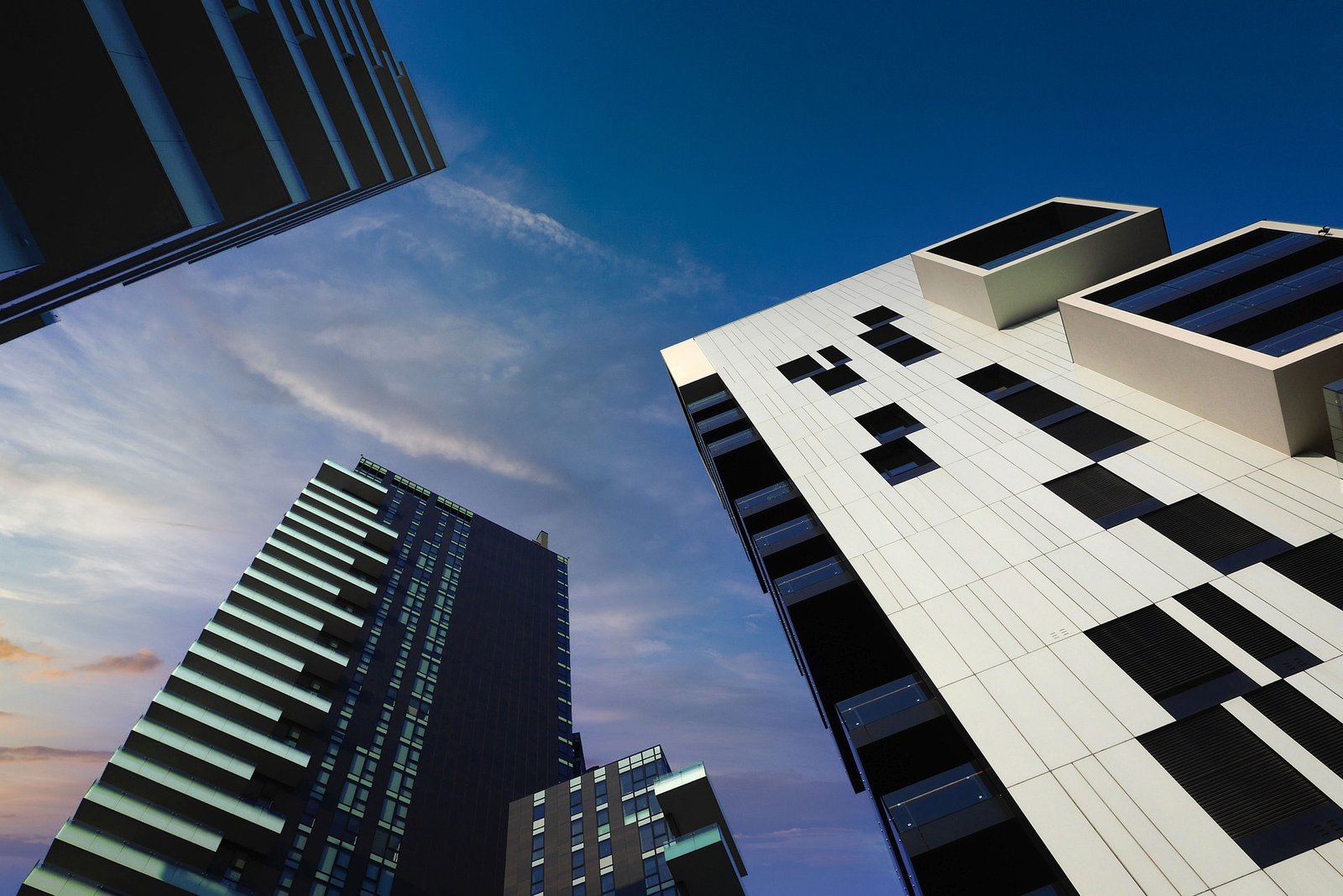If You’re Thinking Of Buying Your First Home, Read This First
When it comes to buying property, it’s definitely not a decision that you take lightly. While to some, investing in property is always going to be something they do for retirement reasons, or to earn extra income, when you’re ready to buy for the first time, it’s often a home that you’re after. And it can definitely be exciting for that reason. However, as with any big purchase, it’s important not to just rush into this. Because buying a property is a deal. Although, when you decide that you’re ready, you want it to happen tomorrow, you need to take your time. Because it can be costly.
Even when you’ve thought about the cost and you still want to go ahead, you have to be sure that you know exactly what kind of budget you need. Because it’s easy to believe that you just need a savings pot to get the mortgage in the first place. But that’s not the only thing you need more money. In fact, it’s really just the starting point. Before you get ahead of yourself, it’s time to work out exactly what buying property is going to cost you and what you need before you get started.
So now we’re going to work through seven of the big home buying costs that you’re going to be faced with and should really start to budget for now.
Deposit
First up, you have the deposit. This is always the first financially area that people think of. But it’s often the last two. The deposit is what you’re going to need to secure the mortgage in the first place. Sometimes, it will take you a long time to save up for it – years even. So you’re going to want to get it in your mind that this won’t happen overnight. You also need to make sure that you save up enough to get the mortgage, which can sometimes be up to 20% of the property value.
Solicitor Fees
Then, you have the solicitor fees. These are always going to vary from case to case. Because they can often depend on the firm you use and where you’re based too. But you still need to factor them in. The solicitors will charge for the close of the sale, and this can often catch buyers by surprise, so you need to ensure that you’re ready to pay this fee from the start.
Survey Fees
Then, you’ve also got the survey. A house survey isn’t always going to be something that everyone needs, but it’s highly recommended that you get one. It’s often good to know what you’re buying, when you’re buying it. So be sure to allocate the cost of a survey in their too. Again, this cost will vary, but its essential if you want to be saved making a poor purchase decision when it comes to the property.
Stamp Duty
Then you’ve got your stamp duty, or the tax that you’re going to pay for buying a house. For this, you can take a look at stamp duty rates 2017 online before you think about buying. Not every house will have stamp duty applied, but it’s always worth checking before you go ahead.
Estate Agent Fees
And, as an extra to think about, you also have the estate agent fees too. While, traditionally, these are only paid by the buyer, if you are, for example, buying your first property with someone that is selling their home, you’re going to want to account for the fees in their half of the costings. Because they may need the money from their home to move, and this will then affect the amount that you need to save.
Renovation Costs
You should also look to factor in any renovation costs too. Because if you’re buying a fixer-upper, or just somewhere that will need a bit of work, this will affect the amount you’re going to want to pay overall. If you need a substantial amount of money for this, it’s best to save it upfront so you can get to work as soon as you buy.
Homeowners Fees
And finally, you should definitely consider any homeowners association fees that may apply to your new property too. If you live in a gated community or even an apartment building, these fees can be payable each year, each month, or even when you first buy. So you need to know what they’re likely to be so that you’re not caught out when you make your purchase.



